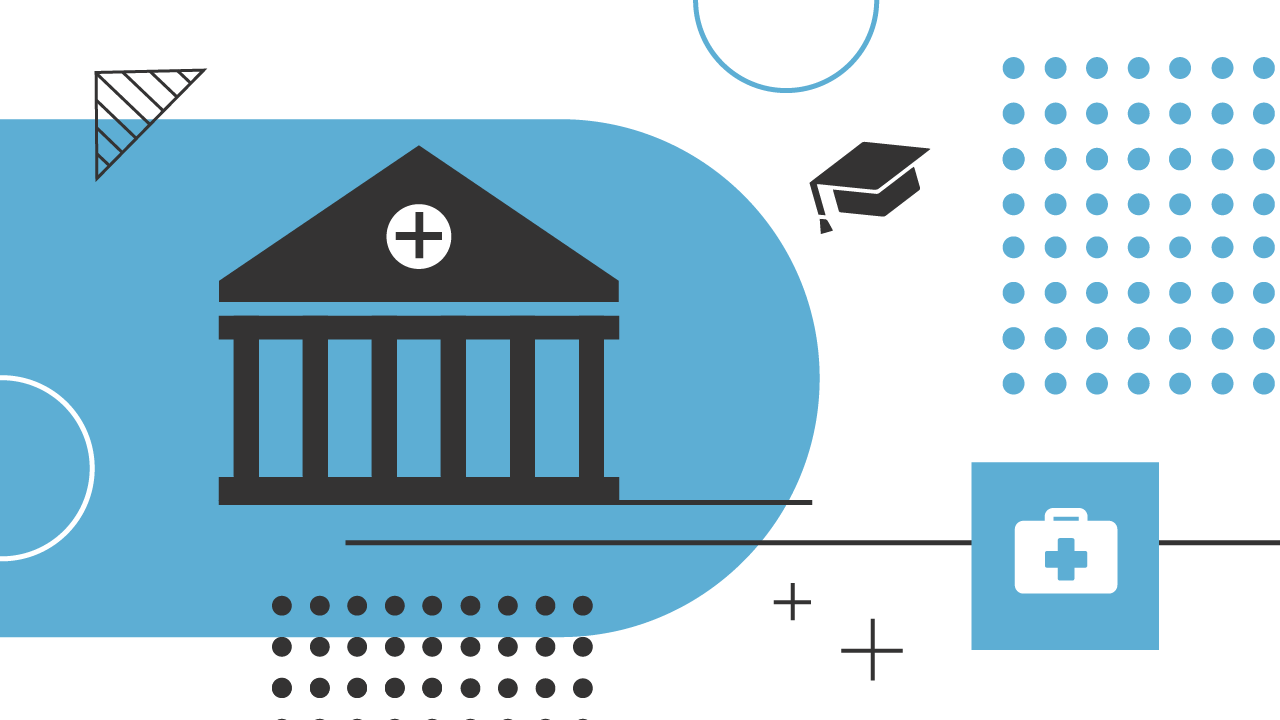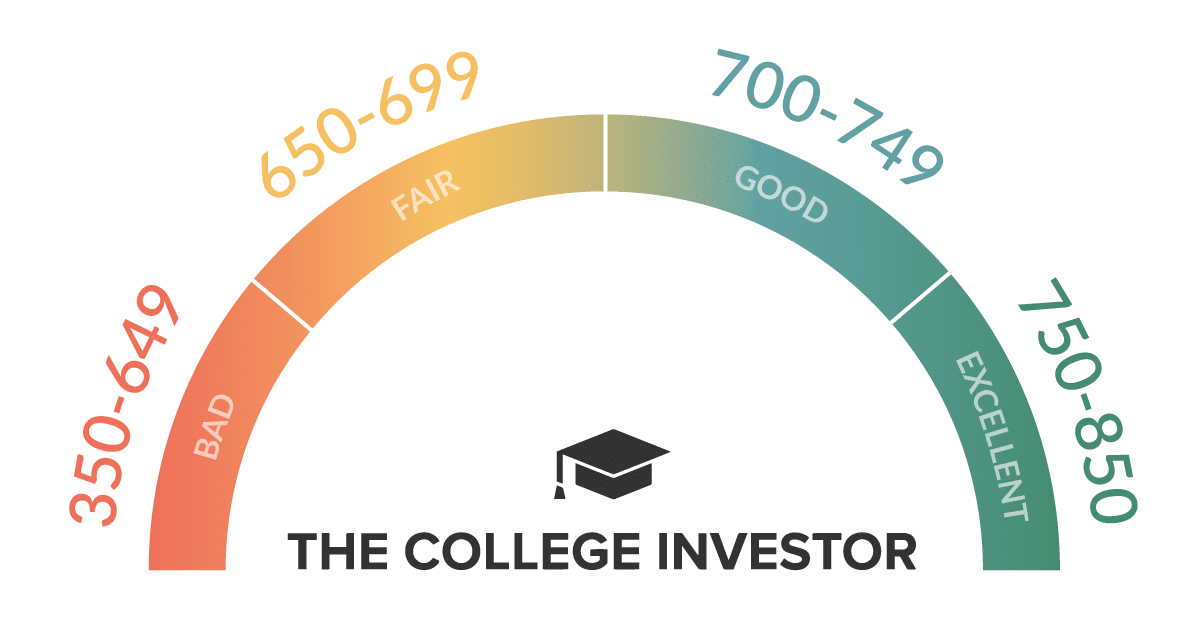
- New CFPB rule will ban medical debt from showing on shopper credit score studies.
- An estimated $49 billion in medical debt might be faraway from credit score studies, impacting the monetary profiles of roughly 15 million People.
- Lenders are actually prohibited from utilizing medical debt info in credit score choices, making certain debtors are assessed pretty.
The Client Monetary Safety Bureau (CFPB) has finalized a rule to ban medical debt from credit score studies, shielding thousands and thousands of People from the monetary fallout of healthcare-related bills.
The brand new rule additionally aligns with modifications made by main credit score reporting companies—Equifax, Experian, and TransUnion—which started eradicating sure medical money owed, reminiscent of collections beneath $500, in 2022. These updates, coupled with new pointers from credit score scoring fashions like FICO and VantageScore, are anticipated to reinforce monetary alternatives for thousands and thousands.
Impacts Of The Rule
The rule prohibits credit score reporting firms from together with medical debt and bans lenders from utilizing such knowledge in credit score choices. It additionally addresses previous abuses the place debt collectors leveraged credit score studies to coerce sufferers into paying inaccurate payments.
The CFPB predicts that these modifications may result in 22,000 extra inexpensive mortgage approvals yearly.
Moreover, this rule could make different monetary companies extra inexpensive, together with leases, insurance coverage, and extra.
How Credit score Reporting Works
Credit score reporting companies, reminiscent of Equifax, Experian, and TransUnion, accumulate and keep details about a person’s credit score historical past, together with loans, bank card utilization, and fee patterns. This knowledge is used to create credit score studies and credit score scores, which lenders overview to evaluate a borrower’s creditworthiness.
Credit score studies affect choices on mortgage approvals, rates of interest, and even employment or housing alternatives. Damaging objects, like unpaid money owed, can decrease credit score scores and restrict monetary choices.
The decrease an individual’s credit score rating, the much less seemingly they’re to qualify for loans. Moreover, a low credit score rating could make different monetary actions costlier – reminiscent of requiring a bigger deposit to lease an condominium or get a cellphone, or increased charges for automotive insurance coverage.
By eradicating medical debt, the CFPB goals to make sure credit score studies extra precisely mirror a shopper’s capacity to repay non-medical obligations.

Closing Ideas
This new rule ought to enhance the credit score of thousands and thousands of People. Medical billing and medical debt is a big challenge for a lot of People. Actually, we’ve got a full information to disputing medical billing errors as a result of it occurs so ceaselessly and it may be so impactful.
Not having these points present up on credit score studies is a big win.
Whereas states like California and New York had already enacted comparable protections, the CFPB’s transfer creates a nationwide customary. As well being care prices stay a urgent challenge, this rule marks a major step in lowering the monetary pressure for thousands and thousands of People.
Do not Miss These Different Tales:



